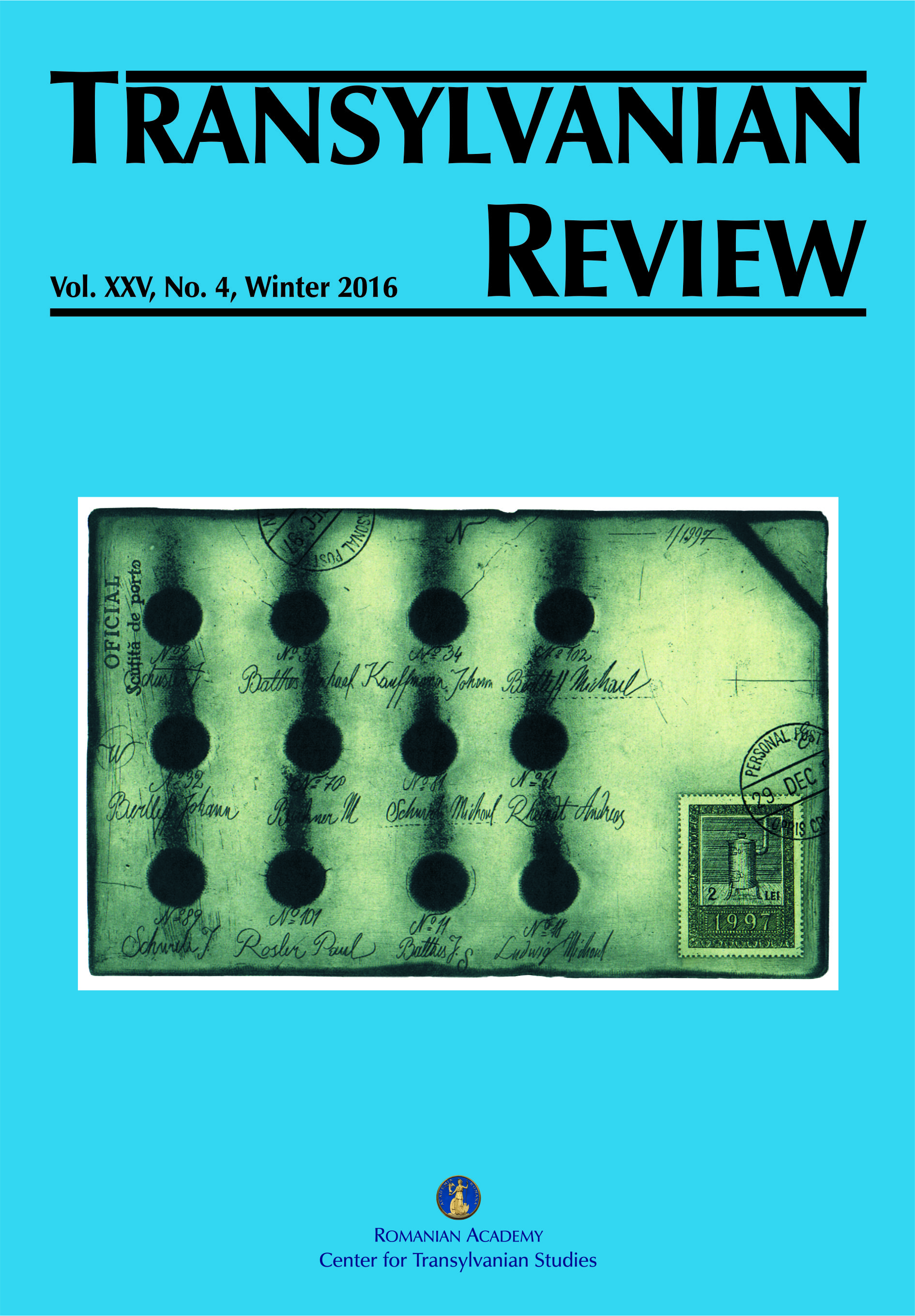The Foreign Sloboda As a Historical Russian Experience for Present Times
The Foreign Sloboda As a Historical Russian Experience for Present Times
Author(s): Anton N. GazetovSubject(s): History
Published by: Academia Română – Centrul de Studii Transilvane
Keywords: migration; Sloboda; special economic zones; assimilation; the Russian Empire; Russia; Catherine the Great; Russian Germans; Russlanddeutsche; colonies
Summary/Abstract: This article represents an overview of the assimilation of people from Western Europe, drawing on research combining migration policy and the policy of territorial and innovative development of Russia in historical perspective. We suggest that the 1897 census significantly marked down the number of people not identifying themselves as Russian, as the second generation of migrants to the Russian Empire indicated Russian as their native language. During 2011–2013, however, only 23,700 people (6.8% of the immigration total) came from countries more developed than Russia. To balance an influx of immigrants we suggest using the experience of the Russian Empire, which set up settlements for foreigners from technologically developed countries—the Sloboda. A Sloboda enjoyed a special legal status providing for the observance of foreign law, within the limits of Russian law. The Slobodas can be territories adapted to the foreign residents’ economic and administrative system, and they may complete the Special Economic Zones in the Urals, Siberia and the Far East with European centers of business and innovative activity.
Journal: Transylvanian Review
- Issue Year: XXV/2016
- Issue No: 04
- Page Range: 125-137
- Page Count: 13
- Language: English

